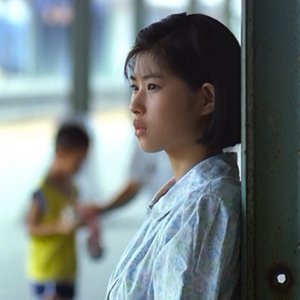
TIFF’s A Century of Chinese Cinema Review: Red Sorghum (1987) - Essential Viewing
When Red Sorghum debuted in 1987, it did not so much announce the arrival of two new major talents as it did shout it from the rooftops. The debut film from director Zhang Yimou, it also marks the first film for Gong Li, an actress who would be a muse for the director over the next decade, collaborating with him on films such as Raise the Red Lantern and To Live. While Red Sorghum feels like a debut film - with rough edges here and there - it still packs a powerful wallop and highlights Zhang’s innate skills as a director. Less thoughtful than some of his later films, Red Sorghum aims from the gut and the nerves: a raw, resonant work of art.








